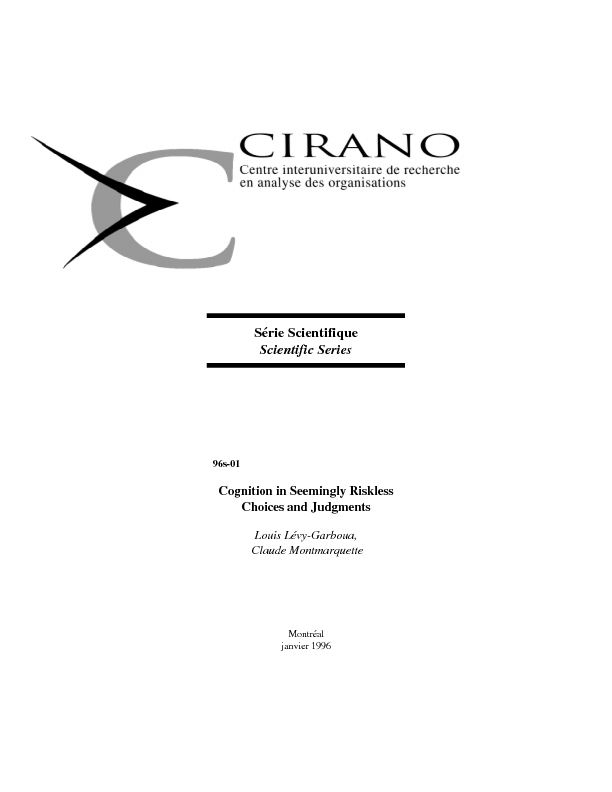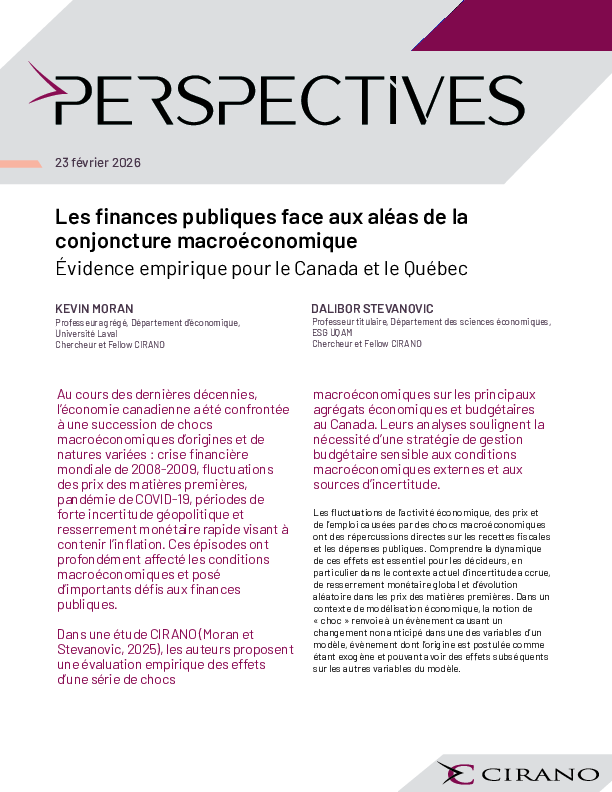Cognition in Seemingly Riskless Choices and Judgments
The assumption of given and known preferences and possibilities so common in economic theory stands in contradiction with the kind of unsystematic change that charaterizes many experimental and real situations. Consequently the theory misspecifies rational choice and generates many puzzles relating to marginal analysis, sunk costs, judgments of fairness, the endowment effect, etc. We instillate rational cognition and learning in seemingly riskless choices and judgments. Preferences and possibilities are given in a stochastic sense and based on revisable expectations. The theory predicts experimental preference reversals and passes a sharp econometric test of the status quo bias drawn from a field study.
[ - ]




